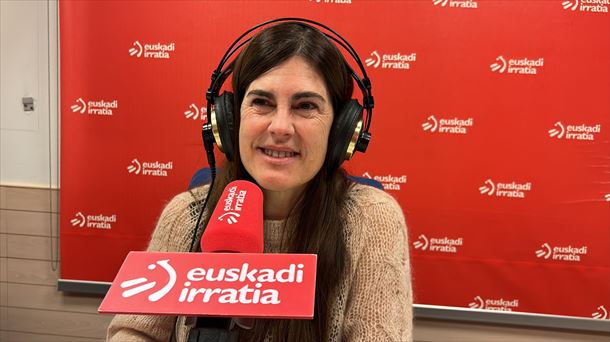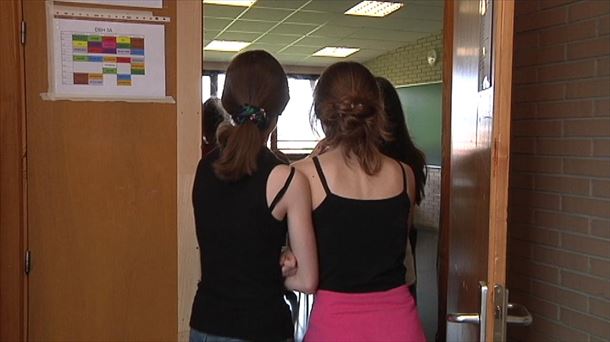Prosecutor’s arguments against those of the defense. Experts expect an open race in the trial of ex-chancellor Sebastian Kurz. And analyze possible developments.
It is October 18, 2023. Vienna Regional Criminal Court. The start of the trial against ex-chancellor Sebastian Kurz for making false statements to the Ibiza U Commission. The hall is as packed as the Schweizerhaus on the last beautiful day of October. That much is certain. However, what will emerge at the end of the three-day trial is completely uncertain. Big question: Can the WKStA Kurz prove the (conditional) intent?
Kurz denies all allegations
The ex-chancellor himself told authorities that his statements to the committee on June 24, 2020 “consistently matched my level of knowledge and memory at the time”. “I had not the slightest intention (…) to make false statements and have not done so (…).” These sentences are the central argument of Kurz, who is accused of his role in commanding the ex. Thomas Schmid for not telling the truth to the Öbag boss: if it was a false statement, which Kurz vehemently denies, then unintentionally. There is chatter against rulings in the committee. And exculpatory testimonies against the incriminating Schmids.
“Given the facts, the criminal case was inevitable,” says criminal law expert Johannes Zink. Conditional intent also means “if Kurz accepted that the MPs would misunderstand him”. One argument per Kurz could be the “state of emergency”. Giving false testimony is exempt from punishment to avoid criminal hardship.
Thus, senior prosecutor Johann Fuchs (also accused of making false statements in the commission) was acquitted. However, the WKStA states that Kurz testified incorrectly for purely political and optical reasons. Zinc: “I also see no need for a statement for Kurz. In addition, it must be assumed that, in addition to the WKStA, all other authorities have also checked this possibility.”
Showdown: The witness is not yet a star witness
Ultimately, it is about the assessment of the evidence by the single judge. “It counts which argumentation he follows,” says lawyer Gerald Ruhri from Graz. This also has advantages. In the event of a conviction, new evidence can also be submitted on appeal. This is not possible in lay courts, where sentences of five years or more are at issue. “You can only appeal for formal reasons.”
First, there is the trial in October. And a first judgement. Also solved: one of the witnesses is Thomas Schmid. The perfect dramaturgy for a confrontation with the man who also accused the ÖVP in other cases, but accused him of lying because he wanted to become a star witness. Incidentally, his wish has not yet been fulfilled. When asked, the WKStA said there was no project report on it.
Source: Krone
I am Ida Scott, a journalist and content author with a passion for uncovering the truth. I have been writing professionally for Today Times Live since 2020 and specialize in political news. My career began when I was just 17; I had already developed a knack for research and an eye for detail which made me stand out from my peers.



